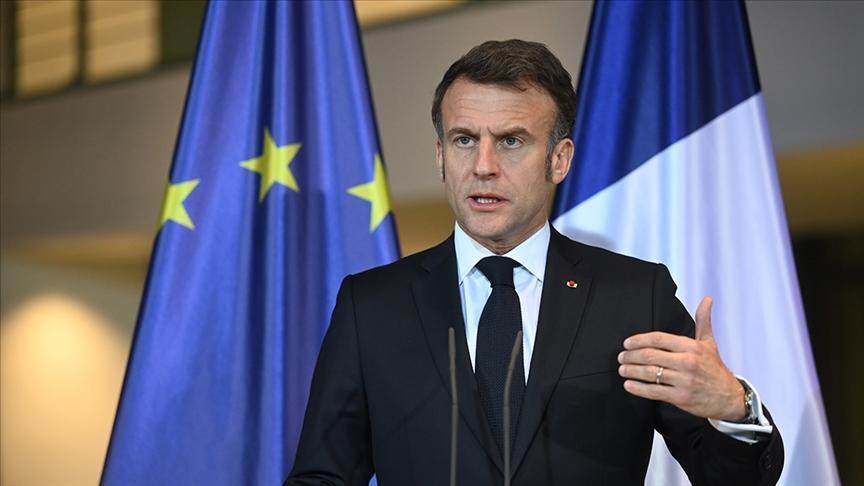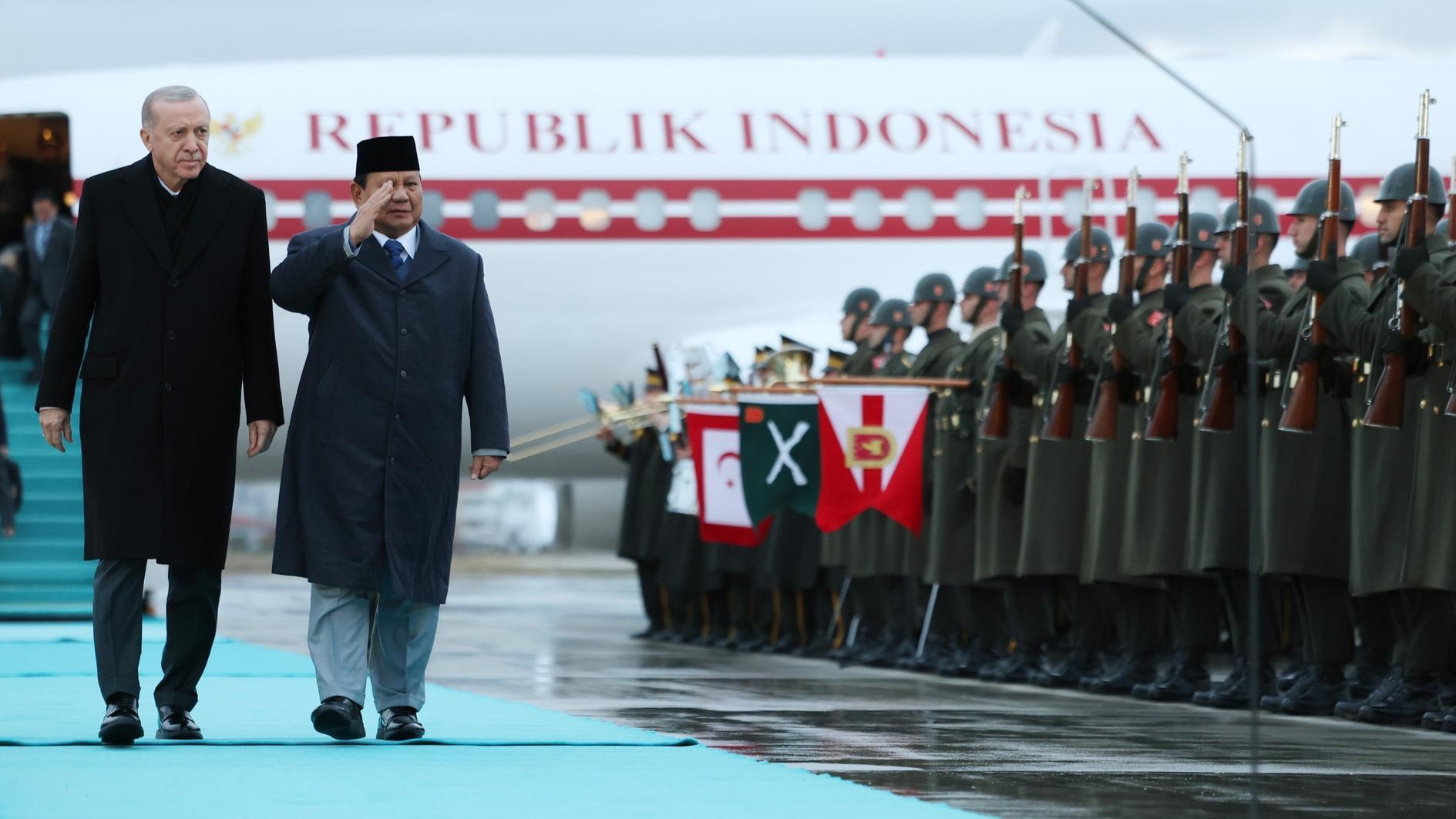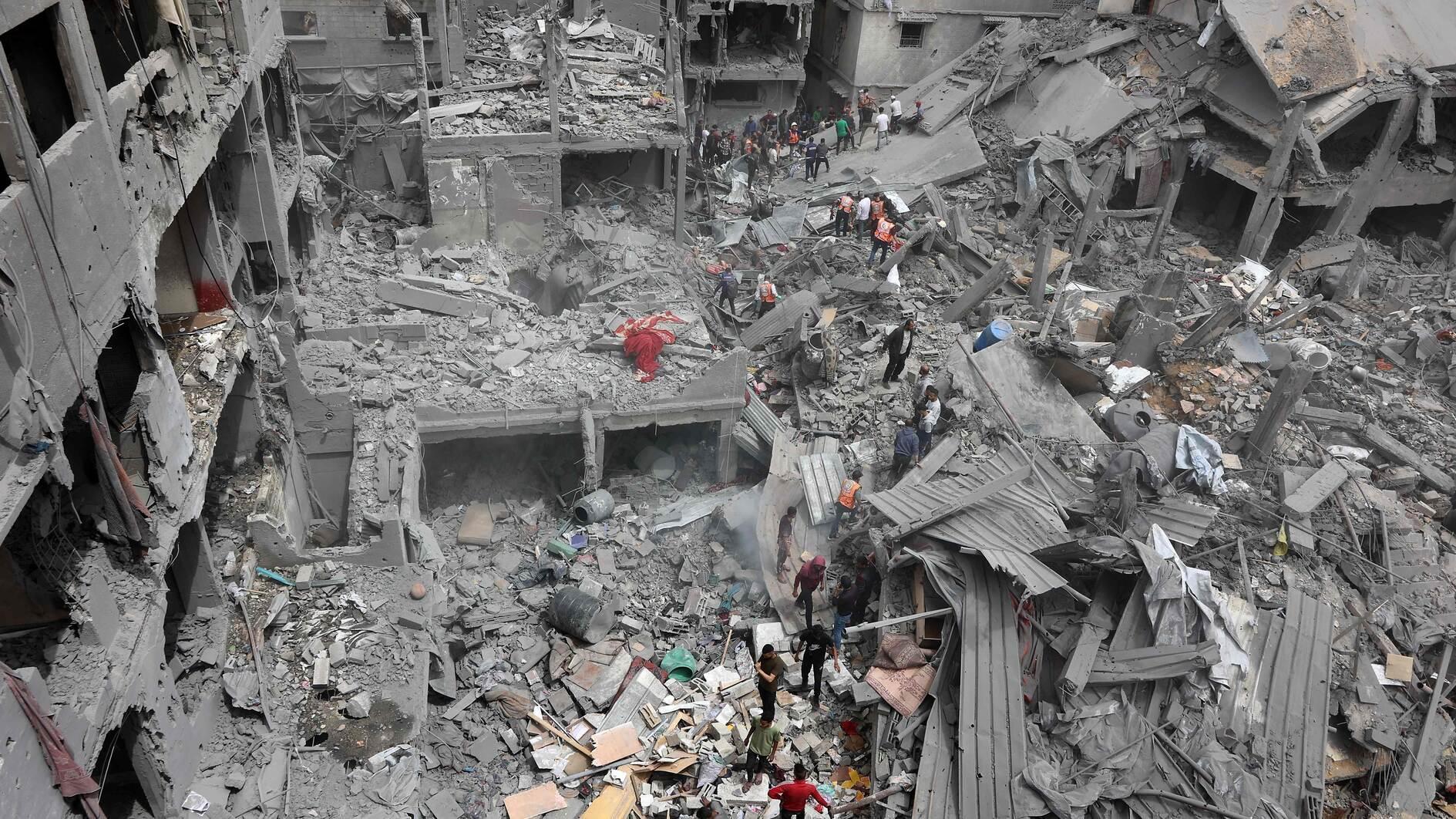Atatürk’s path
We enthusiastically celebrated the 94th anniversary of the foundation of our Republic on Oct. 29. In six years, in 2023, we will celebrate its 100th anniversary.
The Republic of Turkey will certainly live on forever, just as emphasized by its founder, the great Mustafa Kemal Atatürk.
Many governments and regimes founded at the same time have become history without making it to the 21st century. The reason the Republic of Turkey has remained standing for almost 100 years is because it has a strong foundation.
We owe the fact that our Republic still stands and the important place it has in the contemporary world to Atatürk and his associates.
There are four key principles of Atatürk’s foundation of Turkey: Full independence, national unity, democracy and secularism.
These basic attributes are what elevates Turkey to the ranks of contemporary countries. The philosophy of its foundation and the firm grounds on which Turkey is based have protected the Republic of Turkey from the disasters faced by its neighbors.
Our neighbors Iraq and Syria are struggling with civil wars. The central state’s loss of sovereignty and the weakening of national unity has brought two of our neighbors to the brink of collapse. Wars based on the conflicting interests of global powers have taken the stage.
The Islamic world is going through a tough period. Saudi Arabia is reportedly trying to soften its tough regime, but it is still arguing about whether women should be given the right to drive.
Our neighbors and other Islamic countries are looking for a way out. The way out for our region and the Islamic world is the path shown by Mustafa Kemal Atatük almost 100 years ago.
This path is the path of a Republic that is secular, democratic, and based on human rights, that believes in the superiority of law, that is based on gender equality, and that is guided by knowledge and scientific education.
We celebrate the 94th anniversary of our Republic and we remember once more Atatürk and his associates, to whom we will forever be obliged.
Hürriyet’s coverage of Iraq after the KRG referendum
Hürriyet is one of the outlets that has been closely following developments in northern Iraq since the Kurdistan Regional Government (KRG) independence referendum in September.
The reports, interviews and photos sent by journalist Sebati Karakurt from Baghdad, Kirkuk and Mosul were among the top examples of coverage in the international media.
Reporter İdris Emen also sent valuable reports from KRG capital Arbil throughout the process. Emen crossed the border in a bus, which became the only alternative for those who wanted to travel to Arbil after airspace was closed to the KRG.
After the referendum tension in Iraq developed into military conflict, we watched both of the war fronts from the ground. Karakurt reported from Mosul and Emen reported from Erbil and their reports were each read by almost 500,000 people.











